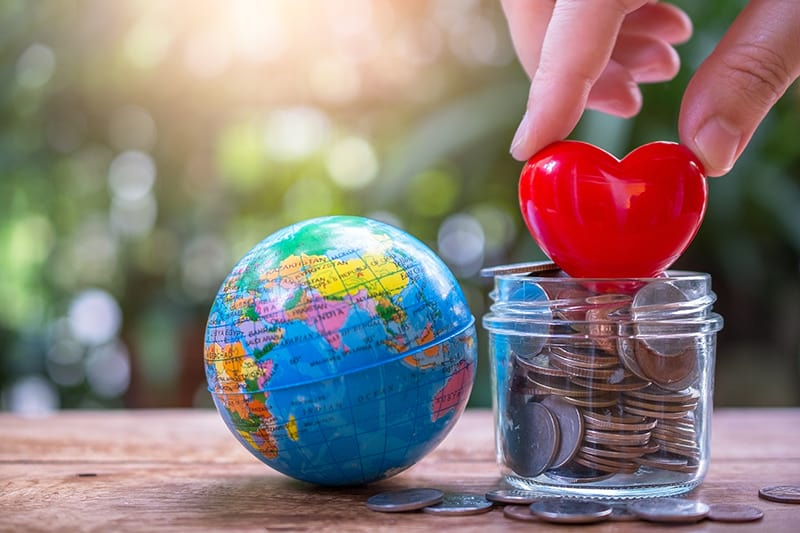
NEW TIMES: A solidarity net chain
Times of crisis are not easy, but many companies have shown in the pandemic that, despite the suspension of non-essential activities of commerce and the recommendation of social isolation, they are attentive to the needs of the community. A real solidarity network has been set up to combat the new coronavirus and its effects.
The focus on promoting and selling products and marketing strategies gave way to actions that were appropriate to the situation. Some companies have facilitated business for the consumer, others targeted their employees and partners, and many chose to help fight the disease and support the teams of health professionals, as you can see below.

Sealed partnership with Hospital Israelita Albert Einstein to donate equipment to field hospitals in Pacaembu and Anhembi (SP). “We live in a scenario in which the world population is committed to helping those in need. For LG, companies have an important role in this context, which goes beyond donations. This helping movement ends up becoming a chain of good”, says Roberto Barboza, vice president of sales at LG Brasil.
For Roberto, the union between society and organizations is important for responsible action, with a focus on the collective good. “It is a trend. The consumer seeks companies with which he identifies, especially in emotional matters, and they will leave this challenging moment with the concept of modified social responsibility. The theme must be one of the main guidelines in the central strategy.”

Donated 500 liters of alcohol gel and 3,000 masks to the Health Department of Pato Banco (PR) and, at the same time, implemented two parallel campaigns to collect clothing and food. The latter, which is supported by goalkeeper Djony Mendes, from Pato Futsal, aims to collect a ton of food.
For each kilo of food donated, Atlas will donate two more. The collection points are installed at the company’s headquarters. Donations will go to charities in the southern region of Brazil. The campaign was extended until June 5th.
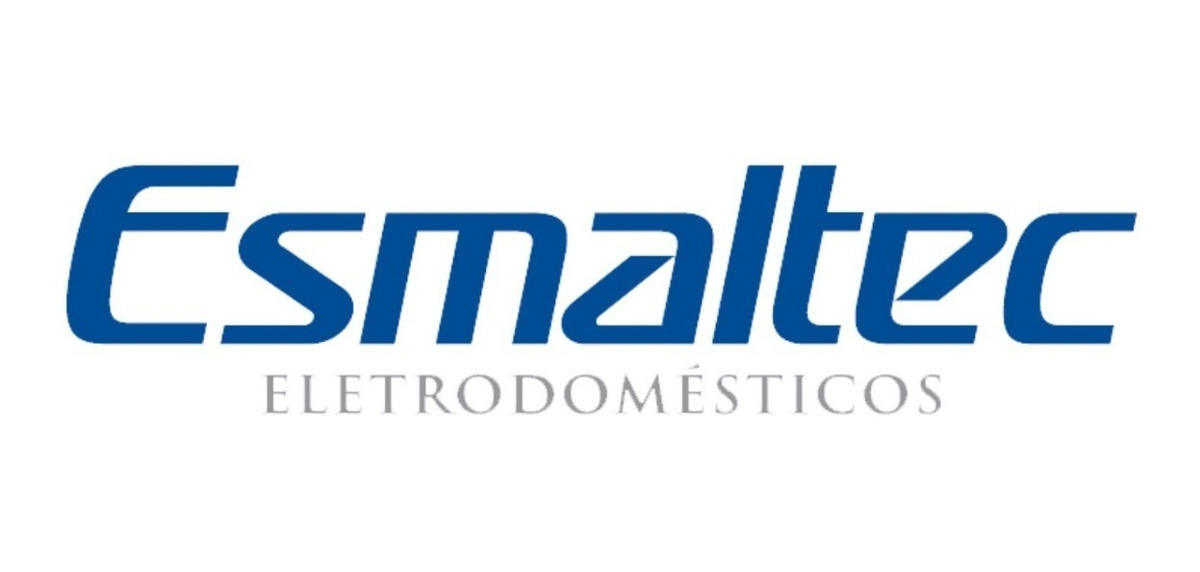
Produced and donated components for facial protectors designed by Senai. “We use the best people and resources to make this production work. We developed a partnership with Senai because we understand that we need to be even more united at this moment. We produce 80 thousand plastic components for facial protectors”, says Marcelo Pinto, Esmaltec’s superintendent director.
The actions were designed for all Grupo Edson Queiroz companies, says Marcelo. “We partnered with the government to bring cooking gas through Nacional Gás to vulnerable families in Ceará; we distributed 75 thousand bottles of gel alcohol through Minalba Brasil; we created an action through the Verdes Mares System, the group’s communication vehicles, to deliver 30 tons of food; and BRL 136 thousand were collected for the Central das Favelas, in Fortaleza.”

It adapted its facilities and assigned part of the team to produce and donate facial protectors to doctors and other health professionals. “The objective was to assist in the safety of those who need to be on the front line, taking care of people. We hope to make some contribution at that moment”, says Giovanni Marins Cardoso, cofounder and CEO of Mondial.
At its factory in Bahia, the company stopped production lines for home appliances to make the protectors, a project developed in conjunction with the Recôncavo Institute and the non-governmental organization e-NABLE Brasil, says Giovanni. “Initially, 40 thousand facial protectors were produced for professionals of public and private hospitals, units and health posts in Bahia. Gradually, they may be sent to other states.”

Prepared the internal sales platform “Online Seller” for Casas Bahia and Pontofrio teams to work at home, safely. “It was a boost to the e-commerce operation with the launch of an unprecedented platform to support our salespeople”, says Via Varejo CEO, Roberto Fulcherberguer. The digital environment presents product suggestions and sales arguments capable of sensitizing consumers already registered in stores
Via Varejo’s social arm, the Casas Bahia Foundation made donations and partnerships to grant credit to micro and nano-entrepreneurs, as well as basic baskets, hygiene kits and mattresses, totaling BRL 2 million. The foundation also donated 200 beds and 200 mattresses to the government of the State of São Paulo for use in accommodation and invested in actions for communities in São Paulo and Rio de Janeiro.

They joined in helping the Santa Casa de Misericórdia of São Paulo, donating construction supplies to renovate the spaces of 80 beds. “We are proud to see this partnership implemented and to contribute with actions throughout Brazil, including products for field hospitals, support for the manufacture of PPE and preparation of accommodation for medical teams. Together we are stronger”, says Alain Ryckeboer, general director of Leroy Merlin Brasil.
The companies have joined forces, says Juliano Ohta, general director of Telhanorte-Tumelero. “The reform of beds is fundamental at a time when the projections of public health authorities indicate an increasing volume of cases.” For health professionals, Leroy took another action, says CMO / marketing director, François Gabert, “We offer a 15% discount on all of our physical stores for those who are caring for sick people.”

Campaigned for conscious consumption when it realized that people were buying in excess, preventing others from purchasing products. “We understood that it was necessary to take a position on this and we launched the campaign with the aim of helping and raising awareness. We always seek to list our projects and actions with the social side”, says the company’s CEO, Annette de Castro.
The action gave rise to another campaign, “Buy, donate”, which benefited charities with fans to ventilate the environments. For each fan purchased through the brand’s e-commerce, another one was donated to institutions, including Lar Torres de Mello and Santa Casa de Misericórdia, in Ceará, and Instituto Pró-Saber SP, in São Paulo, says Annette. “People are increasingly looking for friendly companies, they have a role to somehow return benefits to society.”

Donated BRL 5 million to the federal and state governments of São Paulo and Amazonas. The first, received tablets, notebooks and a quick test kit. The São Paulo State government received rapid tests to Covid-19 and Hospital das Clínicas received, tablets, TVs and notebooks. In Campinas, where it has a factory, it delivered masks for the City to distribute in the health units. In Manaus, where it has another factory, it donated test kits and tablets to the government.
“Samsung reinforces its 30-year commitment to Brazil, supporting the Brazilian people with resources and technology to overcome this challenging period. We are proud to be part of this country and now, more than ever, we must stay together to minimize the impact of Covid-19”, says Yoonie Joung, president of Samsung Brazil.

It reinforced multichannel. Created a tool in the brand’s application that allows direct conversation between the customer and a specialized store salesperson, with negotiation and finalization of the purchase remotely assisted. Reinforced hygiene protocols and daily measured employees’ temperature. Its couriers use disposable shoes protectors, alcohol gel and protective masks.
The company has in its DNA a multichannel sales strategy focused on ultraconvenience, which is even more necessary at times like this, says Eduardo Salem, director of digital marketing and business. “Despite all the restrictions, we managed to maintain our quality and speed of delivery without giving up the safety and health of our employees and customers.”

The Trajano and Garcia families, the company’s controlling shareholders, donated BRL 10 million in equipment to treat the victims of Covid-19. The amount was intended for the purchase of artificial respirators, beds, mattresses and pillows to equip public and philanthropic hospitals across the country. Hospital Emílio Ribas (SP) received cardiac monitors. Lung ventilators went to a SUS unit (SP) and to Santa Casa in the city of Franca (SP).
The actions included a donation of BRL 1 million to Amigos do Bem, an NGO that works to improve the living conditions of needy populations in the northeastern hinterland. It also donated 4,000 mattresses and pillows to the state governments of Pará and Bahia, to equip shelters for homeless people and other socially vulnerable populations with symptoms of Covid-19.
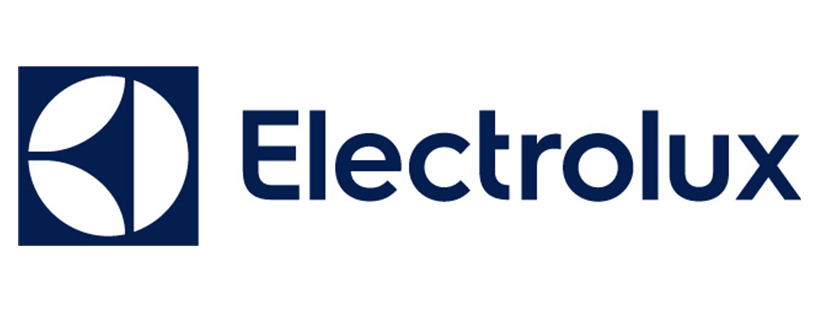
Donated more than 600 products, including refrigerators, water purifiers and small appliances to support nine hospitals, such as those at the Pacaembu Stadium and the Anhembi Exhibition Center (SP), Nilton Lins (AM), Santa Casa de Misericórdia de São Carlos and the Hospital das Clínicas of Curitiba (PR). “The union of the private, social and public sector is capable of transforming a society. As a company, we contribute to the good of society”, says Valéria Balasteguim, vice president of HR at Electrolux.
The company also made its factory in Curitiba, Paraná, available to produce 4 thousand protective masks per week, which will supply 35 hospitals between the cities of Curitiba, São Carlos – in the interior of the state of São Paulo – and Manaus. The initiative started in March with the mobilization of its employees, who started to produce masks using 3D printers.
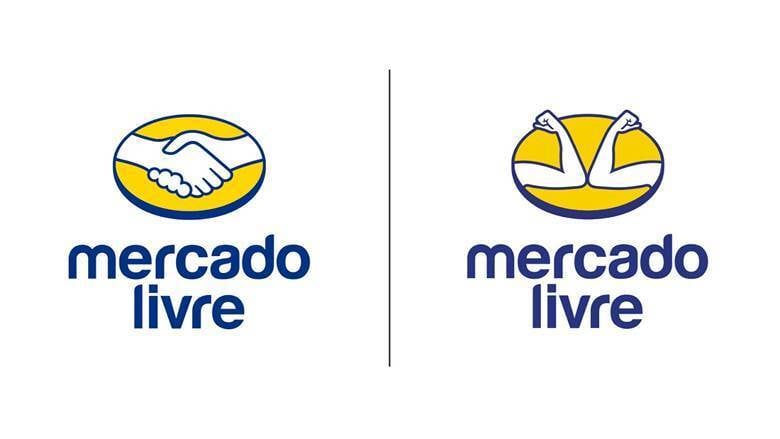
It joined the National Red Cross to raise funds for the purchase and distribution of hygiene kits and information material in Rio de Janeiro and São Paulo subway and train stations and for organizations working in areas of greatest vulnerability. It enabled donations through the Mercado Pago app and expanded contributions via WhatsApp or Instagram. Mercado Pago stopped charging commissions on processed transactions and transferred these amounts to the beneficiary institutions.
In internal actions, it placed about 90% of its 10,000 employees in the home office. “We believe that this should be the role of the big companies that operate in the country, that of reinforcing communication about the necessary care to avoid contagion and that of offering services that make life easier for the population in this scenario”, says Danielle Crahim, manager of marketing in Brazil.

Donated 20 thousand surgical masks to the Santa Casa de Misericórdia in São Paulo. “We are striving to find ways to support Brazil and health professionals. We had a challenge for the delivery of protection items, which we had already ordered since the beginning of the spread of the disease, but, fortunately, we managed to make this donation to the institution, “says the company’s CEO, Sergio Borriello.
The company also offered the São Paulo City Hall its event space of more than 35 thousand m², in the Campo Limpo neighborhood, to become a field hospital. And, through the Pernambucanas University, an online knowledge platform, it offered customers a free personal finance course to share practical and didactic information and guidance. In May, it announced the donation of 100 thousand masks to hospital institutions.
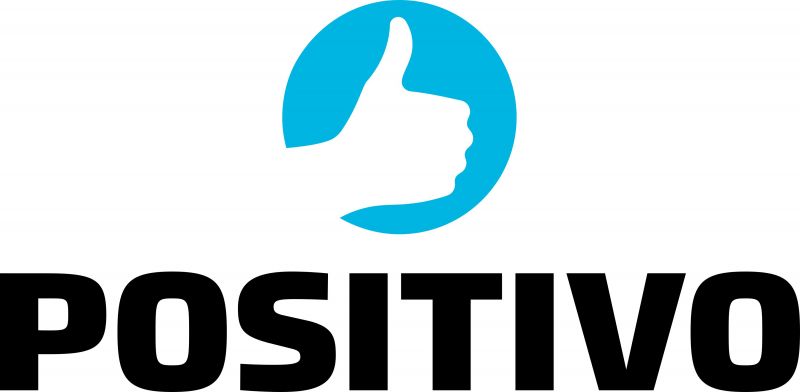
The company is engaged in a project to manufacture 5,000 pulmonary ventilators. It has also been locating respirators wherever they are to be imported, says marketing director Alexandre Colnaghi. “We made our best team in Brazil and Asia available for this project. Every life matters.” It has also implemented crisis management committees, and about 90% of the entire team is working from home.
On Mother’s Day, it took action to reverse part of the sales value of Anker, Positivo, Positivo Casa Inteligente and Vaio products, made until May 25, on Positivo’s computers. The products will be donated to mothers of philanthropic institutions in regions of great social vulnerability.

Donated a ton of polypropylene (PP) to manufacture facial protectors’ masks to help fight the new coronavirus pandemic. The donation took place in partnership with the Brazilian Association of the Tooling Industry (Abinfer), which coordinates the operation, and other companies involved, who contributed with inputs.
The objective was to meet the peak of the pandemic. More than 500 thousand masks were produced. The distribution of the masks is under the responsibility of the Civil Defense of each State, which is responsible for screening according to local demands and needs.

Through the Lenovo Foundation, it donated more than $ 12 million worldwide to streamline data processing and diagnostics, and to contribute to the maintenance of education services. The funds were destined to hospitals that treat infected patients and have researchers who study the virus, as well as schools that need equipment, software and hardware to guarantee the continuity of their online operation.
In Brazil, it donated approximately BRL 265 thousand in technology equipment, such as 70 desktops and notebooks, benefiting institutions such as the Rescue and Care Group for Urgencies and Emergencies of the State of São Paulo and the Hospital of M’Boi Mirim (SP) . “The moment demands a national pact of union in the fight against the pandemic, and the company could not fail to fulfill its social role in the greatest challenge of our era”, says the president of Lenovo Brazil, Ricardo Bloj.

It has adopted measures to combat and prevent Covid-19 in Brazil since January this year. It created an epidemic prevention and control committee, made up of doctors, nurses and occupational safety specialists, aiming at the health of its employees. It distributed masks and gel alcohol, ensuring continuous supply after the disease arrived in Brazil.
In addition, the company purchased air purifiers from Gree China, for disinfection, a great ally in prevention. “These actions are important to ensure the safety of employees and the survival of Gree Brasil. They will be maintained until the situation normalizes”, says Alex Chen, the company’s commercial director in the country.

The company has been giving technological priority support to requests from hospitals and laboratories. “We also created an emergency support plan for our resellers, mainly medium and small ones, with the objective of offering new paths that add value and skills, aiming at the maintenance and reconstruction of business”, says Paulo Vizaco, executive director of Kingston in Brazil.
With factories in Asia, the company has been following the disease since the end of 2019 and, in March of this year, put its employees in home office scheme, keeping their stocks supplied, considering that technology is essential. “I believe that in the post-crisis there will be more sharing and generosity not only in business but in people’s lives,” says the director.
Source: Eletrolar News Magazine ed. 136
By Leda Cavalcanti




